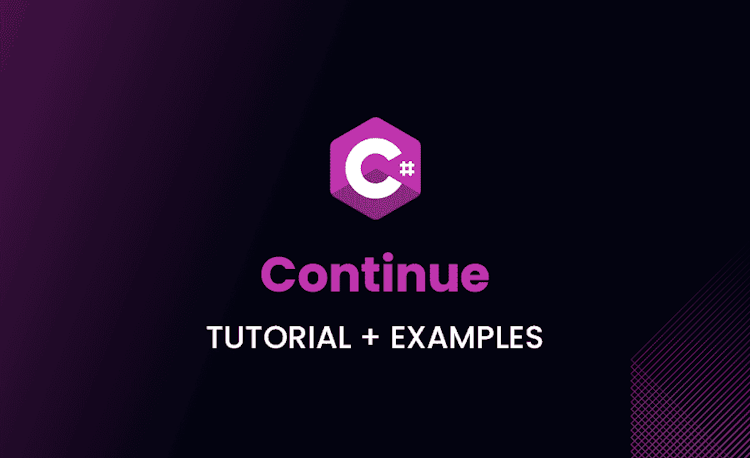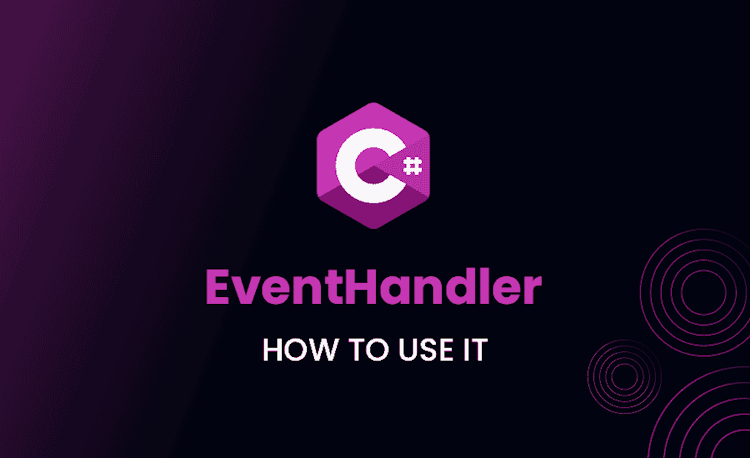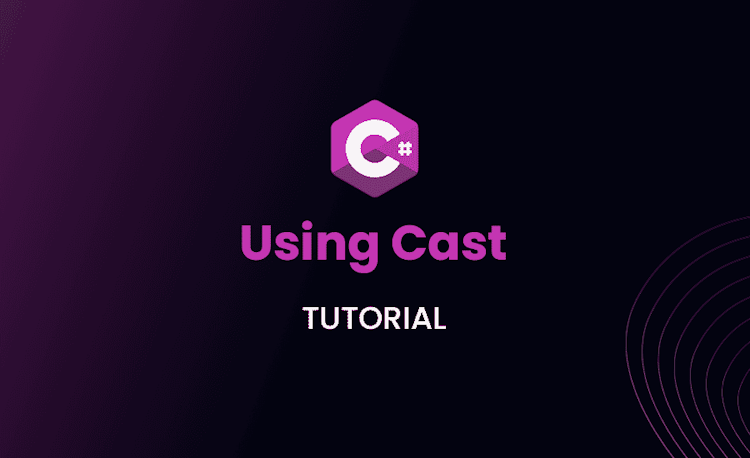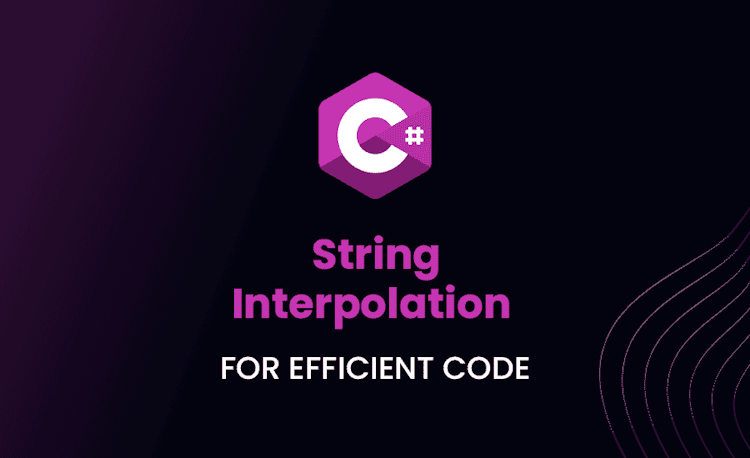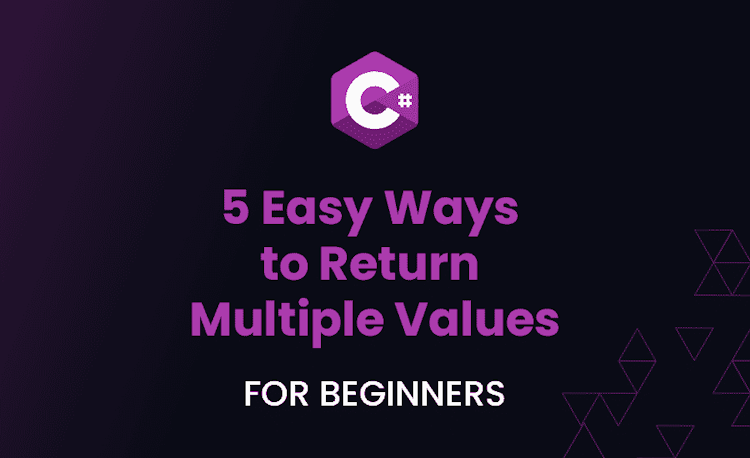Understanding and Using Boolean in C# – With Examples
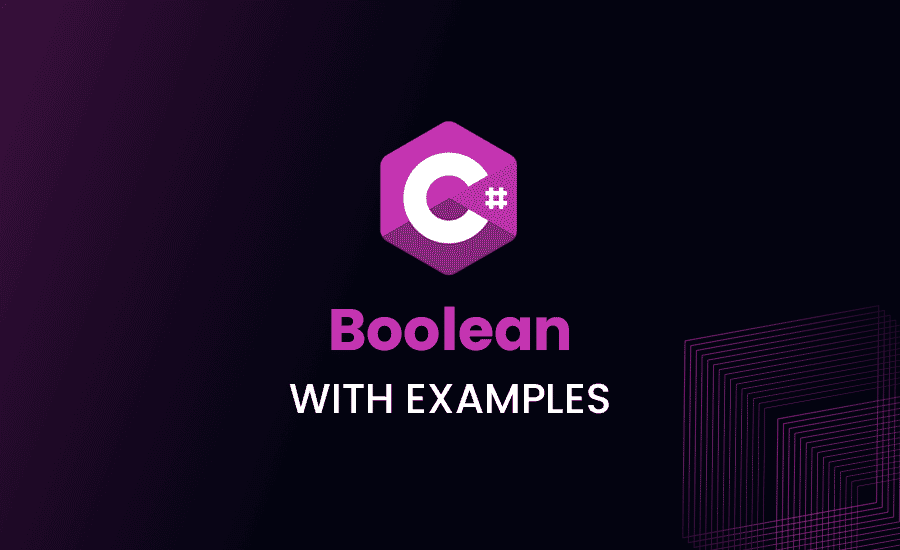
When starting with C#, do you ever find yourself wondering about booleans? Maybe you’ve seen bool and boolean and can’t figure out the subtle differences. Or maybe you’ve been scratching your head over data type conversions involving boolean. Today, we are diving headfirst into the world of Boolean in C#.
Introduction to Booleans in C#
Oh, the wonderful world of Boolean! There’s so much to explore and learn. In this section, we’ll be starting from the basics and discussing what booleans are and why they are so important in C#.
What Are Booleans?
Booleans, represented as the bool data type in C#, are simple data types that hold either true or false. It’s like a light bulb, either it’s on (true) or it’s off (false).
Loading code snippet...
This might look simplistic, but boolean values are the backbone of many programming scenarios in C#.
Importance of Boolean in C#
Now that you understand the concept of booleans, let’s delve into their significance in C# and familiarize ourselves with the bool data type, which is a cornerstone of many algorithms and logical operations.
Understanding the C# Bool Type
In C#, the bool or the Boolean data type is a value type, with two possible values: true or false. This value type plays a profound role in decision-making, control flow statements, and conditional programming. Imagine Boolean as your Traffic Cop, controlling and regulating the flow of your program.
Loading code snippet...
Here, the bool variable isEligible controls the outcome of the if statement. The code inside the if block will execute if isEligible is true, or it will skip, keeping the program’s flow intact and efficient.
Bool vs Boolean in C#: Examining the Differences
Have you ever been confused by the difference between bool and boolean in C#? Have you asked yourself, “Why two names for the same concept?” Expect to find some answers in the next section.
When to Use Bool over Boolean
In C#, Boolean is a system-provided struct, while bool is an alias for Boolean. They are technically the same; however, bool is more widely used due to its brevity.
Loading code snippet...
Both isAlive and isDead hold boolean values, but the latter looks cleaner and is more appreciated in the C# community.
Declaring a Boolean in C#
Sure, we’ve spoken about Boolean, but how do you go about declaring a Boolean in C#? The process is simpler than you think — let’s explore it together.
How to Declare Boolean in C
Boolean in C# is declared using the bool keyword followed by a valid identifier and an optional assignment.
Loading code snippet...
As seen above, declaring a Boolean in C# is as easy as pie. Remember to always initialize your booleans before using them in your code to prevent runtime errors.
C# Data Type Conversions: From Int to Bool
C# is pretty flexible when it comes to data type conversions. But, you might wonder, how do we convert an integer to a boolean? Let’s solve this mystery in the next section.
C# Int to Bool: A Step-by-Step Guide
Unfortunately, a direct conversion from int to bool is not allowed in C#, unlike some other programming languages. But let me let you in on a secret: we can do it the smart way, using conditional checks.
Loading code snippet...
As we see here, we’re leveraging conditions to achieve our int to bool conversion. Clever, isn’t it?
C# Data Type Conversions: From String to Bool
How about converting a string to a boolean in C#? Seems daunting, right? Don’t worry, we’ve got it covered.
C# String to Bool: A Practical Guide
Converting a string to bool is more straightforward in comparison to int to bool. C# provides built-in methods to achieve this. But, remember the conversion is case insensitive and only “True” and “False” string values can be converted.
Loading code snippet...
In the above example, TryParse method is used for the string to bool conversion. It returns a boolean indicating whether the conversion was successful or not.
TryParse in C#: Converting Strings into Boolean Values
Why just stop at converting strings to boolean? Let’s dig deeper and understand the dynamic TryParse method in C# that helps in achieving this.
TryParse Bool C#: How it Works and When to Use it
The TryParse method provided by the bool struct attempts to convert a string to a boolean. It returns a bool indicating whether the conversion was successful and assigns the converted value to an out parameter.
Loading code snippet...
In the code above, TryParse successfully converts validBool to a bool, but fails with invalidBool. TryParse is a safe way to handle conversions and prevent exceptions.
Working with Nullable Boolean in C#
What happens when you want your boolean to hold an extra state apart from true and false? Say hello to Nullable Boolean.
Examples of C# Nullable Boolean in Use
Nullable Boolean, denoted as bool?, can hold an extra state: null, in addition to true and false. This is primarily used in databases where the tristate logic is required.
Loading code snippet...
Nullable Boolean in C# acts as a tool to manage states more efficiently in applications, particularly ones dealing with databases.
Converting Boolean to Int in C#
You’ve come a long way, but let me throw you another curveball – converting Boolean to int in C#. Sounds interesting? Let’s get into it.
C# Boolean to Int: The Conversion Process Explained
Casting a bool to an int in C# is different. True is represented as 1 and False as 0.
Loading code snippet...
In the above snippet, ToInt32 method of the Convert class did the job cleanly.
Conclusion: Key Takeaways on C# Boolean Use and Conversion
You have now embarked on the adventure through the land of Booleans in C#. Along this journey, you have learned the importance of Boolean, the difference between bool and boolean, the process to declare and use booleans, conversion of int and string to bool, effective usage of TryParse, handling of Nullable booleans, and yes, the intriguing conversion of Boolean to int.
